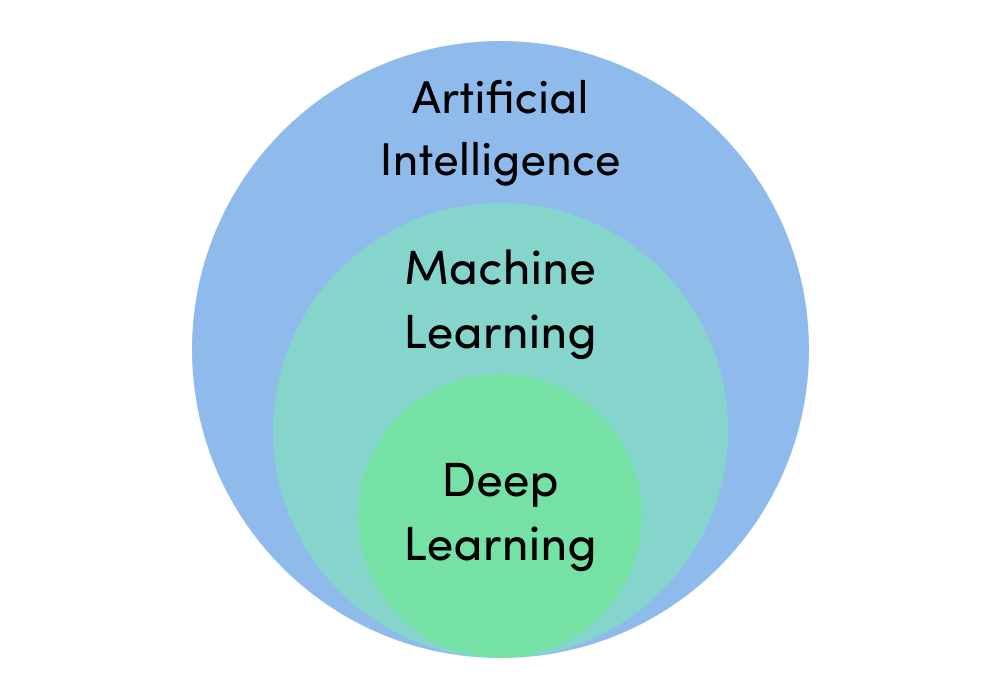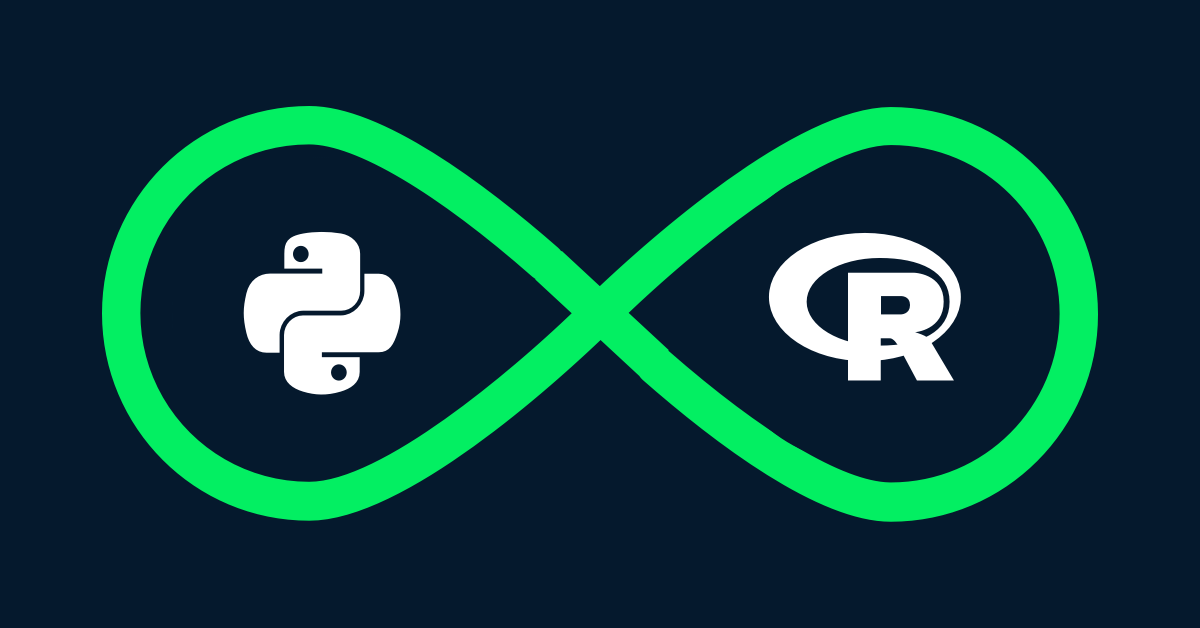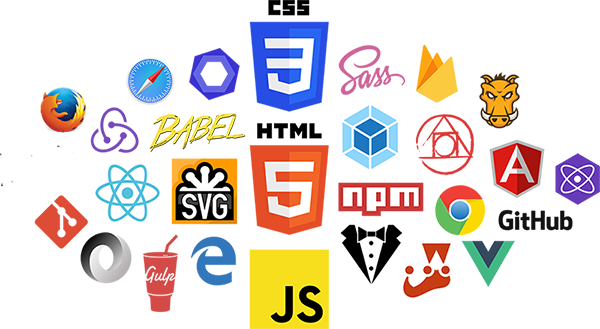This article was published as a part of the Data Science Blogathon
“What’s behind driverless cars? Artificial Intelligence or more specifically Deep Learning” – Dave Waters When
Introduction
Hi everyone, in this article, I will clear some of the general doubts that everyone has while entering the field of Deep Learning and would tell you the technologies that you should learn to get a better understanding of the field, for this purpose my this article is not going to be too much formal and technical so you are free to ask any questions in the comment section I will be very happy to answer those.
In India, around 700 thousand students graduate per year, and students who want to pursue their dreams in the Development side of Computer Science need to choose one domain, Deep Learning is one of them. As technologies are growing larger and larger students’ interest in Machine Learning/Deep Learning is also growing. One big issue that everybody faces is that they all know there is some good scope in the field of AI, but what they lack is where to start and in which direction they need to focus their energy, they try one technology and after a few days, they jump on the other one leaving the last one unpracticed.
Most Deep Learning Practitioners are afraid that big tech giants are working on some algorithms that will automate the whole Deep Learning Process and there would be no such post as Deep Learning Engineer. So let me confirm you one thing that is not going to happen, not now for sure. Automation is taking over the place but there is still a long path to go.
If you know that you are good with numbers and want to work on some exciting technologies, Deep Learning is surely for you, in this tutorial I will tell you the pathway which you can follow to be a successful Applied Deep Learning Engineer.
What is Deep Learning?
Deep Learning is the subset of Machine Learning that primarily deals with Neural Networks (NN). It provides solutions for almost all kinds of data like images, text, audio, etc. Neural Networks try to mimic the brain in order to produce results in the same fashion as the human mind does. This theory part you guys already know so let me jump straight to the things that you are sceptical about. I know you might have doubts about if you need a master’s degree or you need to be from Harvard or MIT to be a good fit for Deep Learning, let me answer that for you. There are two roles in Deep Learning as well one called a Deep Learning Researcher and another one as Applied Deep Learning Engineer. The first one deals with having more statistics and mathematics-based knowledge that can help you understand the Deep Learning concepts and would eventually lead you to discover new algorithms/technologies, while the other one deals with whatever is already implemented by Deep Learning Researchers just use that and apply it somewhere, where it can reduce the human effort.

Now you know that if you are not from some Tier-1 college you can still be a Deep Learning Engineer, so let’s discuss what all technologies you will need to be a successful Deep Learning Engineer.
Summary of Skills Needed:
While you work on Machine Learning/Deep Learning it’s not like you will just have to know some algorithms and apply them to the data that you are gonna get. You will start from the requirement phase i.e. first identify the problem for which you will find the solution. One most important thing is not all problems require Deep Learning solutions first try to analyze the problem and see if it can be solved using traditional algorithms if yes you will be saving a lot of energy and resources otherwise you are free to choose Deep Learning solution.
1. A programming language suitable for AI/ML/DL
I know you might be wondering why I am telling you this while you might already know it, but choosing the programming language is the first task that sets you up on the path of Deep Learning. Common languages preferred for DL are Python and R (personally I use python).

Both of these languages have their specialties it’s not like when you are using one you can completely ignore the other one, having knowledge of both of them is a cherry on the cake. When you start learning any of these programming languages try to focus fully on one language and once you have mastered it, another one would be very easy for you. Try to master as many libraries as you can, once done, it would be very easy for you to work on real-world projects.
Problems Faced:
While anyone starts learning a programming language main issue he/she faces is the knowledge of resources that will abate the learning process. I have also faced the same issue while doing the same. How I have mastered the Python language is by completing primary lectures from learnpython.org and them completing several video lectures from Udemy and Coursera. One important suggestion that I would surely make is don’t watch video lectures just to earn certificates and fancy your linked profile, watch them, gain knowledge that would eventually help you to be a better developer.
2. Computer Science Fundamentals and Data Structures
Knowing Machine Learning/Deep Learning algorithms is not enough, you will also require knowledge of Software Engineering skills like Data Structures, Software Development Life Cycle, Github, Algorithms (Sorting, Searching, and Optimisation).

When you work on any real-world project, the client would not need any Machine Learning model, what he would require is a solution in form of any Service or Application for that you need to have a deeper understanding of these concepts.
Problems Faced:
Most of the Data Science enthusiasts think that if they are going to work in the field of AI/ML/DL they will just have to learn a bunch of algorithms that they are anyways going to get in some package, and other concepts are not that much important spacially Data Structure. So let me clear one thing for you when you work on any live project where you will have to optimize your code in order to make it memory and time-efficient, and whenever we talk about efficiency there comes the Data Structure. Also when you work on live projects you need to work on deadlines so to deliver projects to clients on time you need to have a proper understanding of SDLC. I also studied these concepts in college only and when I was working on POCs (Proof of Concepts) I also did not have a proper understanding of these concepts in real-world but as I have been part of few projects these concepts became clear to me, so if you know these concepts and are afraid that you don’t know how to apply these concepts in real-world, don’t worry that you will learn only when you will be part of any project.
3. Mathematics for Machine Learning
If you are a software Engineer you can easily code any solution but when it comes to Machine Learning you need to have an understanding of Mathematical and Statistical concepts that will help you analyze any algorithm and tune it according to your need.

For training and inference also you will need to have knowledge of concepts like Gradient Descent, Distance Matrics, Mean, Median and Mode, etc.
Problems Faced:
According to me, this is the important thing that someone must learn before entering the field of Deep Learning. Most of us think that when most of the algorithms are already implemented and we are just going to apply them to different fields why learn mathematical concepts. So as I have experienced every time when you are going to work on any Deep Learning algorithm you will have to tune it according to your use case and for that, you need these concepts. I have worked on several projects and honestly 95% of the time these concepts came in handy for tuning the algorithm other 5% I have used algorithms as it is.
4. Front End/UI Technology & Deployment Services
When you have your Machine Learning solution ready you need to represent it to others in form of Some Charts or Visualisations because the person to whom you are explaining might not have the knowledge of these algorithms and what he would want is the working solution for his problem. So what can enhance this development process is the knowledge of any UI technology like Django, Flask and if when required, JavaScript, your Machine Learning code would be the backend while you will create a frontend for the same.

Once the whole solution is ready you need to deploy that solution somewhere for that you should learn technologies like Apache, Wamp, etc.
Problems Faced:
This technology is a must for working on Deep Learning projects, if you are part of a very big organization there are dedicated frontend and backend developers so there is no worry if you work only on the backend part but if you are part of a small organization or a small team most probably you will have to handle both frontend and backend development.
5. knowledge of Cloud Computing platforms
As we are moving ahead in technology the amount of data is increasing immensely, you can not manage that data on your local server so one should move to cloud technologies. These platforms provide some very good services from data preparation to model development.

Some of these computing platforms have some Deep Learning based solutions that are State of The Art. The most preferred platforms are AWS and Azure and you can also try Google Cloud.
These are the technologies that one should learn while working as a Deep Learning Engineer, of course, you can learn other technologies also but these are the must ones.
Problems Faced:
Working on Cloud Computing might be hard as you will have to work on this tech while working on other 4 techs, but if you are interested in learning some extra stuff this is surely for Deep Learning Engineer.
Resource:
You can use the following resources to start learning these technologies:
Programming Language: https://www.learnpython.org/
Data Structure: https://www.geeksforgeeks.org/data-structures/
Mathematics for Machine Learning: https://www.coursera.org/specializations/mathematics-machine-learning
FrontendTechnologies: https://www.djangoproject.com/start/, https://www.fullstackpython.com/flask.html
Cloud Technologies: https://aws.amazon.com/getting-started/, https://docs.microsoft.com/en-us/learn/azure/
Thanks for reading this article do like if you have learned something new, feel free to comment See you next time !!! ❤️




